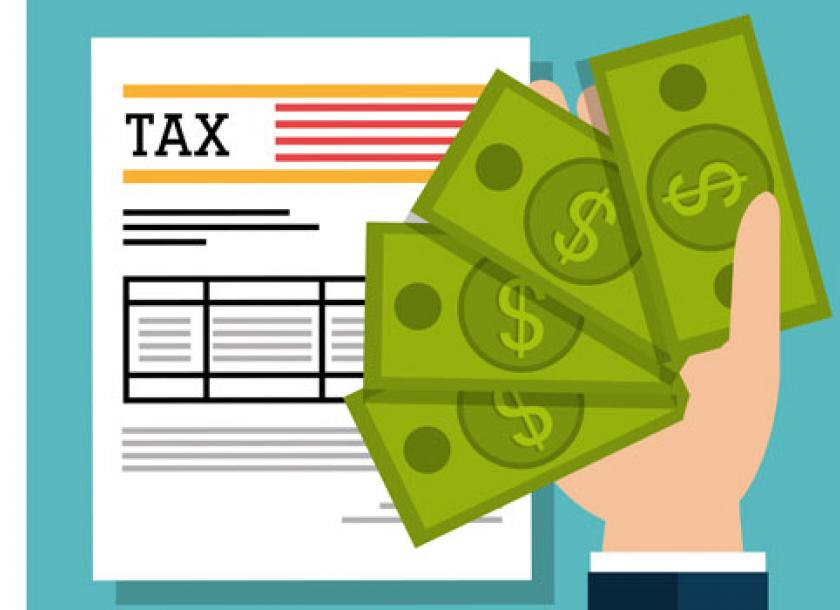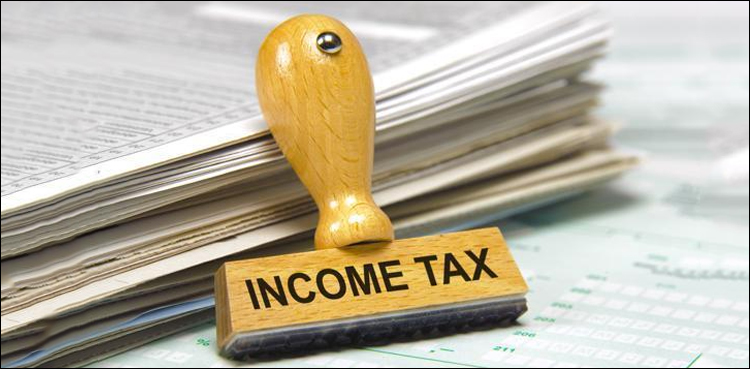Taxes finance government services, infrastructure, and social programs in any community. Local taxes are a necessary component with multiple advantages of Local Taxes. These taxes have different types in determining local economies, such as income, sales, and federal taxes.
Local Tax: What is it?
Local governments, such as towns, jurisdictions, municipalities, and school districts, levy and collect local taxes. Local governments administer and use these revenues to meet local needs, including multiple community initiatives and services.
What is the Purpose of Local Taxation?
Local taxes fund important services and infrastructure. Local governments provide several services:
Education
Local taxes help pay for public schools and educational initiatives. School budgets depend on property taxes and municipal levies to hire instructors, upgrade facilities, and fund extracurricular activities.
Public Safety
Local taxes fund police, fire, and EMS, maintaining community safety.
Infrastructure Development and Maintenance
Local governments construct and upkeep highways, bridges, public transportation systems, and other infrastructure improvements that boost the local economy and connectivity with tax income.
Parks and Recreation
Local taxes fund public parks, community centers, and recreational facilities, improving inhabitants' quality of life.
Social Services
Local taxes can finance social welfare initiatives such as affordable housing, aged and handicapped assistance, food assistance, and others that serve vulnerable community members.
Types of Local Taxes
 Local taxes vary and affect people and companies differently. Following are some types of local taxes:
Local taxes vary and affect people and companies differently. Following are some types of local taxes:
Property Taxes
A big chunk of local government's earnings relies on property taxes. City, county, or municipality real estate values determine their worth. Local assessors compute property taxes based on market value.
How do Property Taxes Work?
- Property taxes are a proportion of assessed value.
- Property taxes pay municipal services, including education, public safety, facilities, parks, and community initiatives.
- Owners pay property taxes annually. Also, it can be paid in installments every month.
What are the Impacts of Property Taxes?
- Property taxes affect homeownership and affordability. High property taxes may make homeownership harder for some in places with growing property prices.
- Property taxes also affect values. Homebuyers and investors may prefer low-property tax areas.
Sales Taxes
Sales taxes apply to local sales. Consumers and companies pay sales taxes, not property owners. Businesses pay these taxes to the local government at the time of sale.
How do Sales Taxes work?
- Sales taxes are usually a proportion of the transaction value and vary by jurisdiction.
- Sales taxes support education, public safety, infrastructure, and culture.
What are the Impacts of Sales Tax?
- Sales taxes are retrogressive and disproportionately affect people with lower income and households since lower-income families buy more taxed items.
- Sales taxes affect customer behavior and cross-border buying. High sales tax rates may cause people to shop in nearby jurisdictions with lower tax rates.
Local Income Taxes
 Some municipal governments tax inhabitants' incomes, unlike federal and state governments. Local income taxes might be flat or progressive.
Some municipal governments tax inhabitants' incomes, unlike federal and state governments. Local income taxes might be flat or progressive.
How do Local Income Taxes Work?
- Local income tax rates are a percentage of an individual's taxable income.
- Like other municipal taxes, income taxes finance local services.
What are the Impacts of Local Income Taxes?
- Local income taxes can impact individuals' decisions regarding residency and employment. Some people may move to places with lower income taxes to work or live.
- Since local income taxes vary, they can influence firms' location selections.
Business Taxes
Local governments may impose taxes on businesses operating within their jurisdiction.
How do Business Taxes Work?
- The business owner or management typically pays business taxes.
- Business taxes fund local services and pay regulatory and licensing costs.
What are the Impacts of Business Taxes?
- Business taxes can influence business decisions regarding location and expansion. High taxes may deter businesses from establishing or growing their operations in a particular area.
- Depending on the type of business tax, the burden may be passed on to consumers in the form of higher prices for goods and services.
Occupancy Taxes
Occupancy taxes, also called "hotel taxes" or "lodging taxes," are charged to guests of hotels, motels, and other short-term lodgings. Tourist taxes subsidize tourism initiatives and services.
How do Occupancy Taxes work?
- Occupancy taxes are typically charged as a percentage of the room rate set by the accommodation provider.
- The revenue generated from occupancy taxes supports tourism promotion, infrastructure, and other services that benefit visitors and the local community.
What are the Impacts of Occupancy Taxes?
- Occupancy taxes impact tourism and travel patterns, as higher tax rates can make accommodations more expensive for visitors.
- These taxes can fund projects and services that enhance the tourism experience and generate economic benefits for the local community.
Challenges and Consideration
While local taxes serve crucial purposes, they also come with challenges that necessitate careful consideration and planning by local authorities.
Tax Burden
High local tax rates can significantly burden individuals and businesses, potentially leading to tax avoidance or migration to lower-income areas.
Equity and Fairness
Local taxes may unequally affect different demographics and socio-economic groups. Striking a balance between equity and generating sufficient revenue is a challenge that local governments must navigate.
Interjurisdictional Competition
Disparities in tax rates between neighboring jurisdictions can create community competition. This competition may make specific areas more attractive to businesses and residents while others struggle to retain population and investment.
Economic Impact
Imposing new taxes or increasing existing ones can have economic implications. Local governments must carefully assess the potential effects on consumer spending, business activity, and overall economic growth.
Conclusion
Local taxes are essential to fiscal policy and community success. These taxes pay local governments vital services, infrastructure, and social programs directly affecting citizens. Property, sales, and income taxes affect individuals and corporations differently. Local taxes are necessary, but balancing income and justice needs careful administration and planning by local authorities. A practical and reasonable municipal tax system promotes sustained economic growth and improves inhabitants' quality of life.

Exploring the Best Insurance for Jet Ski: Pros and Cons of Top Providers

Best Short-Term Investments

What is Statement of Financial Accounting Concepts (SFAC)?

What is the Effect of Petrodollar on US Dollar?

Word-of-Mouth Marketing: Types and Benefits of word-of-mouth marketing

AOTC: How to Claim the American Opportunity Tax Credit (AOTC)?

Auto Insurance Advice From a Consumer Advocate

Insurance Coverage: Types and Benefits of Insurance Coverage

Should you Sign up for Life Insurance: Pros and Cons of American Heritage Life Insurance

How to Increase Your Current Line of Credit

Mortgage Options for Seniors
